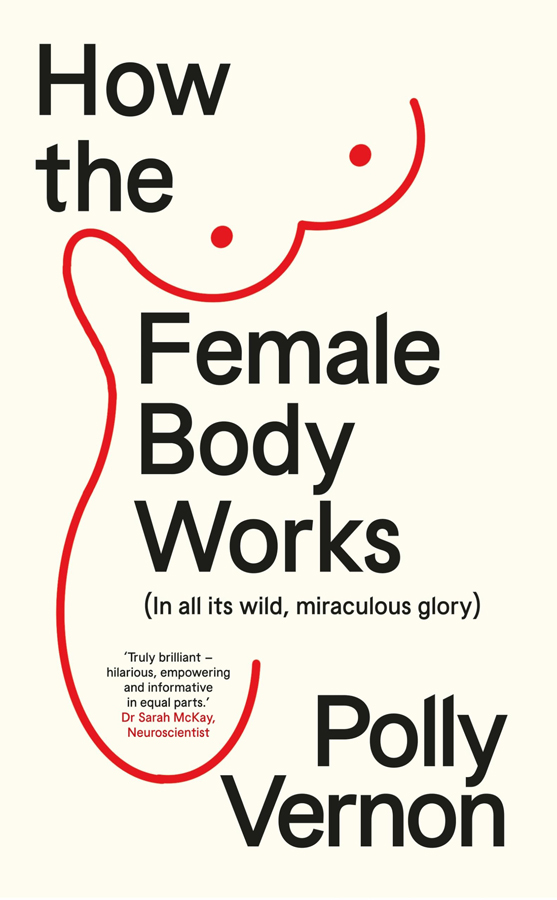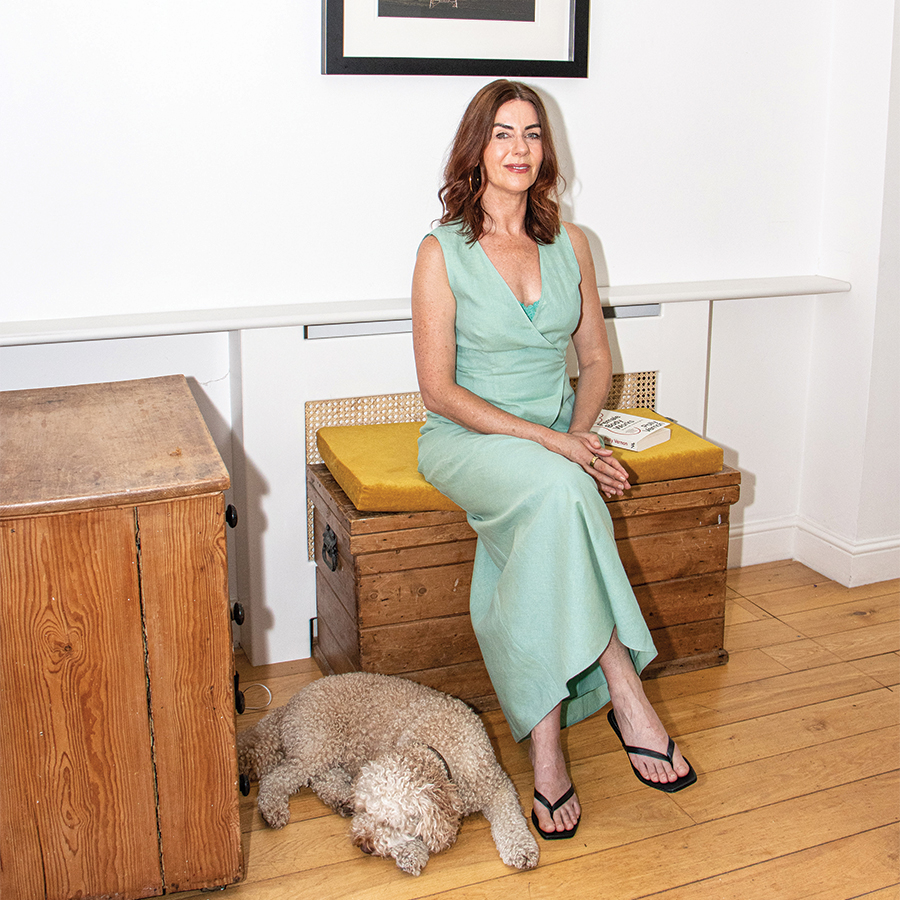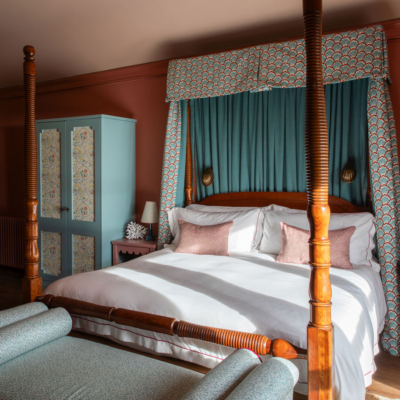As I researched my new book on the female body, I found biology to be a raging sexist …
I spent the last two and half years while researching and writing my new book, How The Female Body Works, in a constant state of amazement. People keep asking me to name the most spectacular thing I learned about women’s bodies, while interviewing the most knowledgeable experts about all ages and stages of our lives. But it’s impossible to pick! Every damn paragraph of that book contains yet another something else which blew my mind.
The other thing that happened, as I spoke to doctors, neuroscientists, midwives, gynaecologists, academics and physios, was the incredible validation of having something I’d known instinctively but never articulated, or even analysed, confirmed and explained to me, with medical science. That biology is a raging sexist.
Take alcohol. I’d suspected, though never faced up to the idea that booze might hurt women, more than it hurts men. Something about the way male friends endured nights out and the ragged aftermath with a resilience I did not share, one which wasn’t entirely explained by virtue of their bigger size. And I was right. Dr Sharon Cox, a specialist in women’s tobacco and alcohol addictions, laid it all out for me, when I interviewed her for the book.
“Women do suffer more. We are more fatty than men, so the rate we metabolise alcohol is slower. If we drink the same as men, we will get more unwell. We also can, and often do, end up with a lot more damage.” Not only do we have higher levels of fat in our bodies relative to our size than men, we also have lower levels of water. Fat retains alcohol, water helps disperse it. This means women’s bodies are exposed to alcohol’s toxicity for longer than men’s, purely by design.
“A bottle of decent rosé costs less than a bottle of coke.”
When I was younger, I railed against that instinctual knowledge that women were less capable of handling their drink. I intellectualised my rage as an expression of feminism. I thought it was all about societal pressures to keep women sober. To shame us out of having fun. To keep us clean, serene, tidy and virginal, in the optimal state for pregnancy. Let’s face it, there’s truth in that. But there’s also, it turns out, truth in alcohol being especially bad for women.
Heaven knows, I drank it anyway! I started drinking relatively late, for a teenager of the 1980s and 1990s. I was moderate through my teens, moderate, verging on abstinent. At 19, however, as part of my French degree, I went to live and study in Aix-En-Provence for a year. It was, as you might suspect, total bliss; it was also a crash course in la vie en rosé. A bottle of decent Provence rosé costs less than a bottle of Coke. Pretty much every night of the week, my best friend and I would drink a bottle each before we went out. I learned to love being drunk. The silliness of it, the joy! I can be slightly uptight when sober. A worrier. An observer, rather than a participant. But have you met Fun Polly? I got so wasted I was sick into the bidet in my room, so drunk I got off with the wrong men.
Apart from the above, my love affair with booze was never problematic, it never verged on being an addiction. But it did carry on through my 20s and 30s. Working as a barmaid in a London cocktail bar after university, my colleagues and I swore by the house speciality Long Island Iced Teas (five shots of spirits + Coca-Cola) as a cold cure. We’d call “staff meeting!” mid-shift, and simultaneously down shots. It was around then, that I first began to notice a syndrome Dr Sharon Cox would explain to me in medical terms. It felt like there were nights when I’d get much drunker, on much less booze.
“I got my first job in journalism, which, in the late 1990s and early 2000s, was a very boozy business.”
In the middle of your menstrual cycle, when you are ovulating, your body is awash with oestrogen (which also makes most of us feel like a million swaggering dollars), and its unique focus is to get us pregnant. All other functions become borderline irrelevant, as far as it’s concerned. “When you’re ovulating,” Dr Cox said, “your body will prioritise ovulation over processing alcohol. So you get drunk quicker, and get terrible hangovers.”
My drinking shifted in nature over the next two decades, into my late 30s – but I still loved booze! I got my first job in journalism, which, in the late 1990s and early 2000s, was a very boozy business. We journalists would routinely hit the pub after hours, three nights a week minimum.
But then things changed socially, and industry-wise. Society became more health and wellness fixated. Also, as I now know, things changed in my body. There’s an enzyme released in our liver, called alcohol dehydrogenase, charged with breaking down alcohol. Women produce less of it than men at all times – another dose of biological sexism – but less again, as we get older. By our mid- 40s, we’re making very little of it indeed, which tends to be when being drunk becomes more of a chore, and less of a joy, for women. On top of which – Dr Cox is studying this in some depth at the moment – we are shown to experience hangovers more aggressively as we get older, simply because we feel more guilt than men. We feel guilty about not looking after our kids properly if we have a hangover or feel guilty and ashamed about what we imagine to be our terrible behaviour the night before. According to Dr Cox, we experience this emotional discomfort as physical pain: as a hangover.
So it was that, as a consequence of societal shifts, and of me actually heeding the messages my body was sending me, increasingly frantically, my longterm love affair with wine, particularly, dwindled and died. I’m back, now, to the moderation of my teens – a couple of glasses once a fortnight, if that. Although, having recently learned from the great nutritionist Dr Federica Amati that the only amount of wine that can be considered safe is two glasses a year, even that might be on borrowed time.

How The Female Body Works (New River) is out now.










